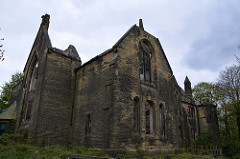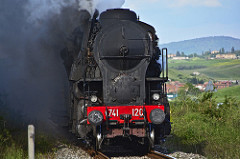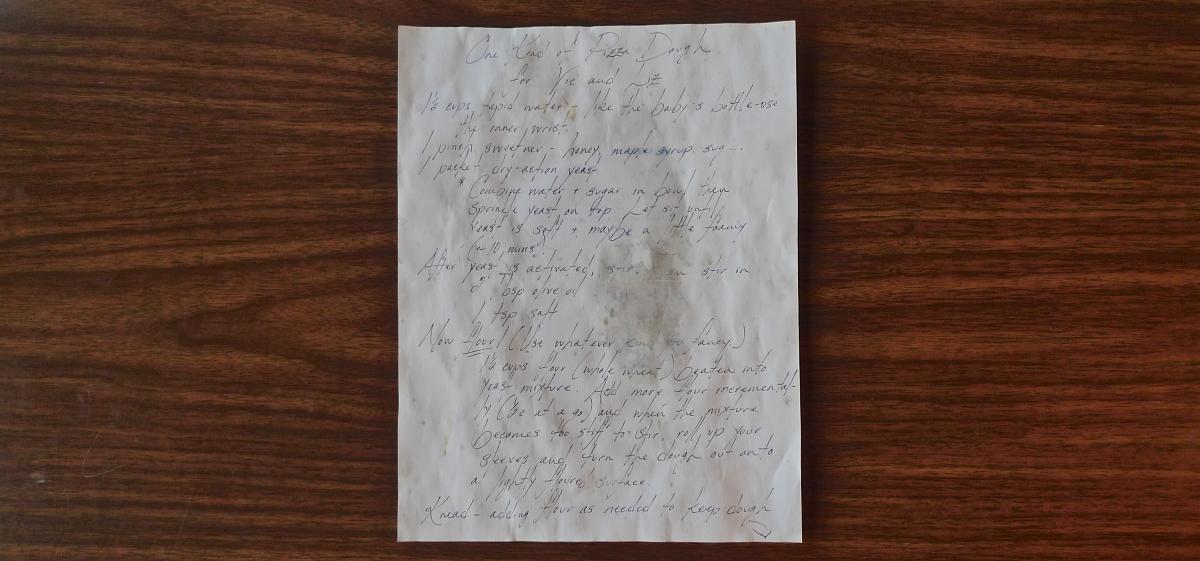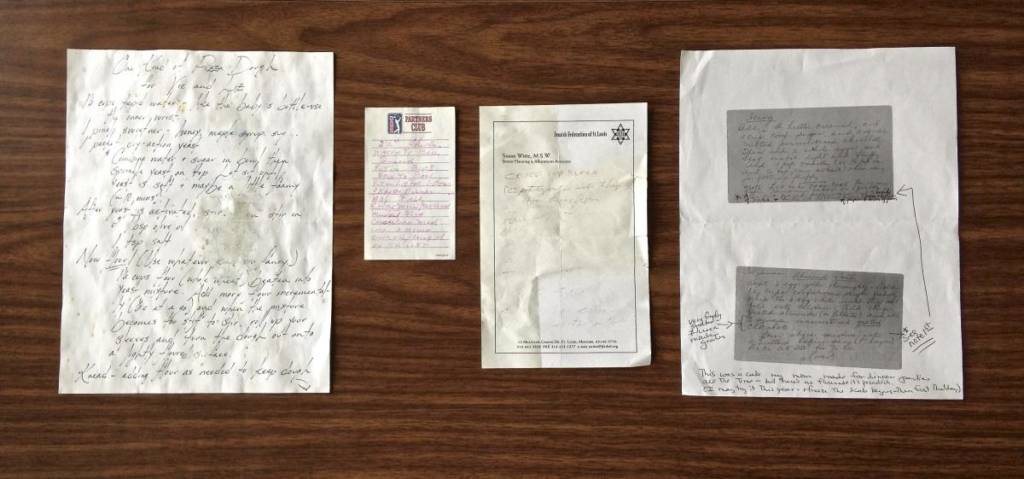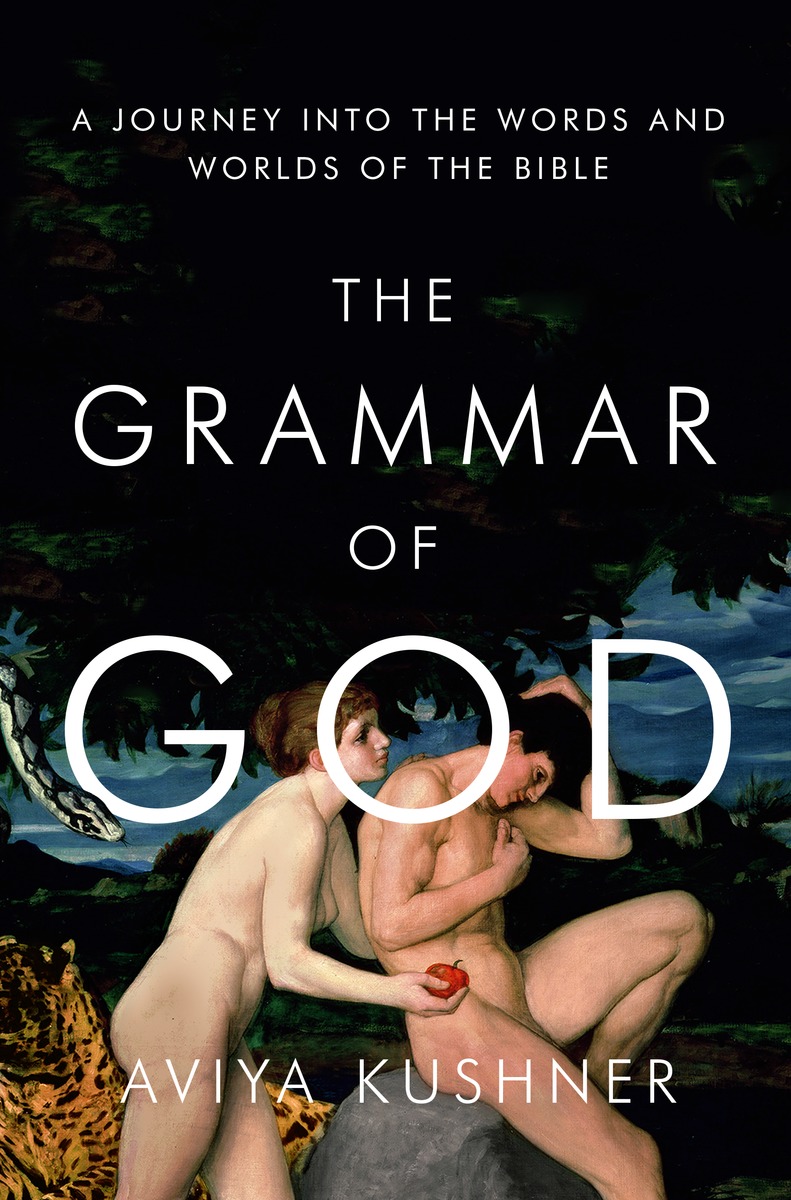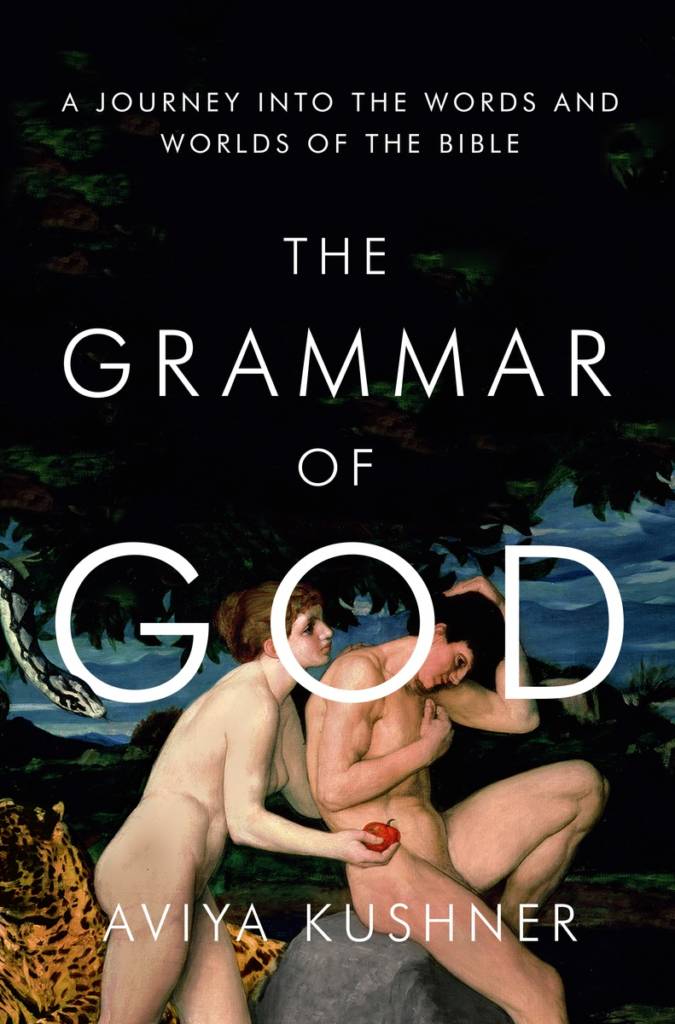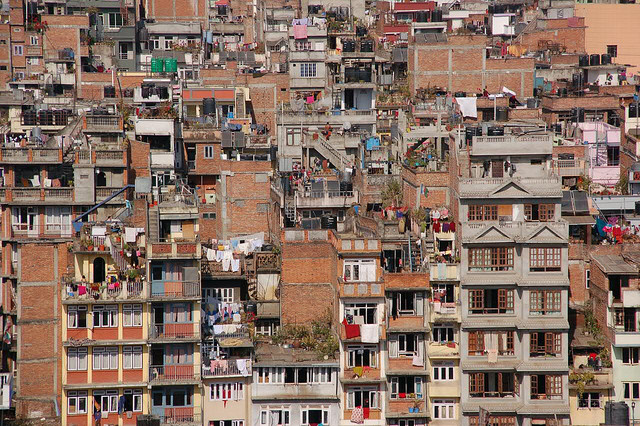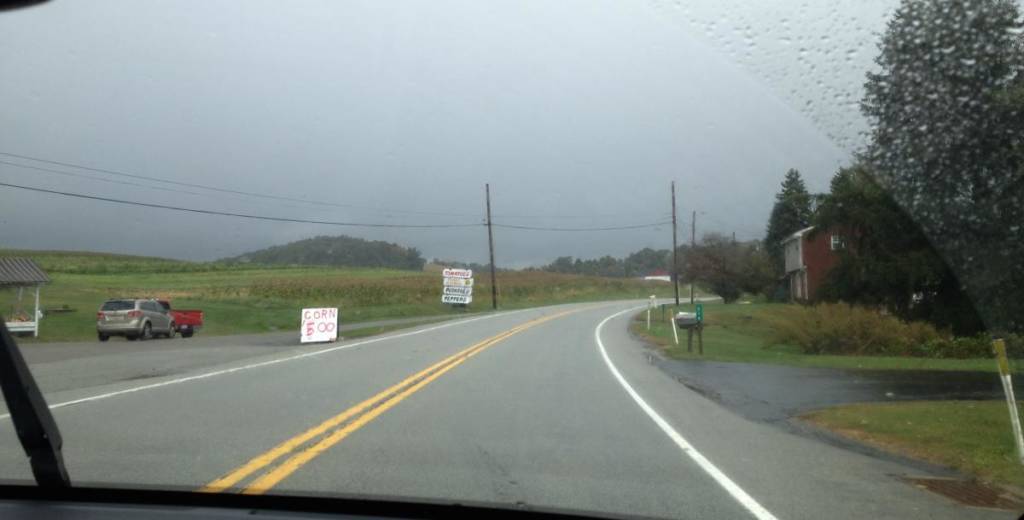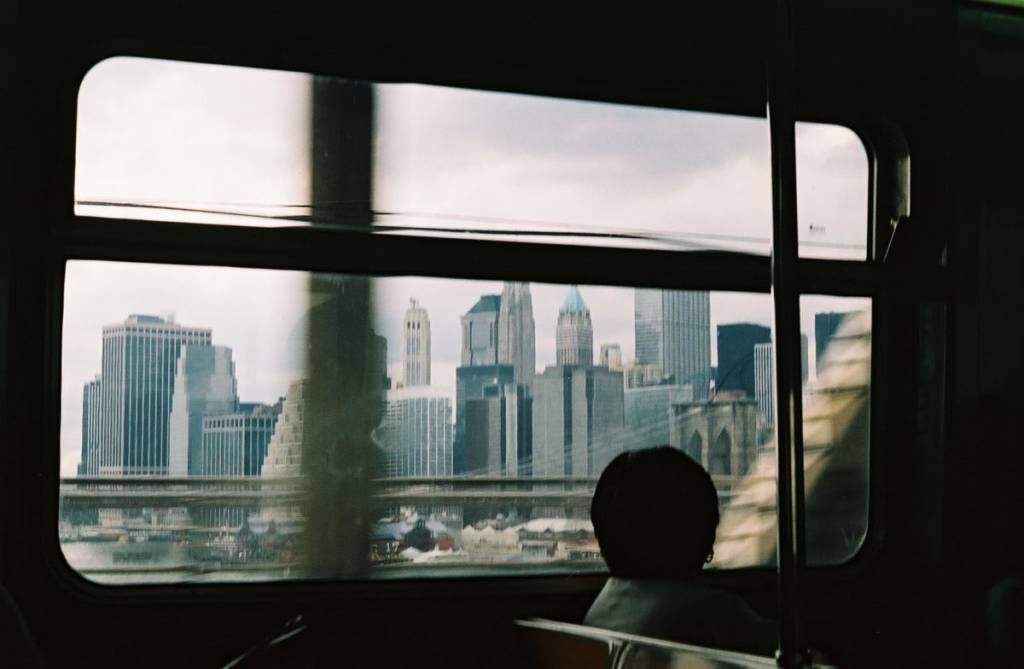By TODD HEARON
(And way up north they’re starting to recover
in Maine the undeniable remains
of a settlement you might be interested in seeing
you’re into that whole hushed-up-history thing….
—postcard from Tennessee
1
You’ll pull off the main road, Route 209, south of Phippsburg, where Google Maps tells you. It won’t be long until the pavement’s gone, dirt road bleeding off into thinner dirt road, the coastal woods around you more and more secluded, untouched, the stillness and silence cut only by the rattle-and-pop of your tires and undercarriage. Summer foison is in the woods and the thick roadside overgrowth oppressive. It leaps out urchin-fashion to snag your fenders and doors. Occasional capillaries, also dirt, appear from nowhere and feed into your passage; as you wind slowly deeper, you keep one eye to the rearview, making note which way you’ll steer to make it out. Time’s a lost thing, memory a maze. How long have you been puttering now? Trouble out here, nobody’s going to find you. Google Maps shows only a faint gray line extending vaguely westward through a cyberphoto block of green.
